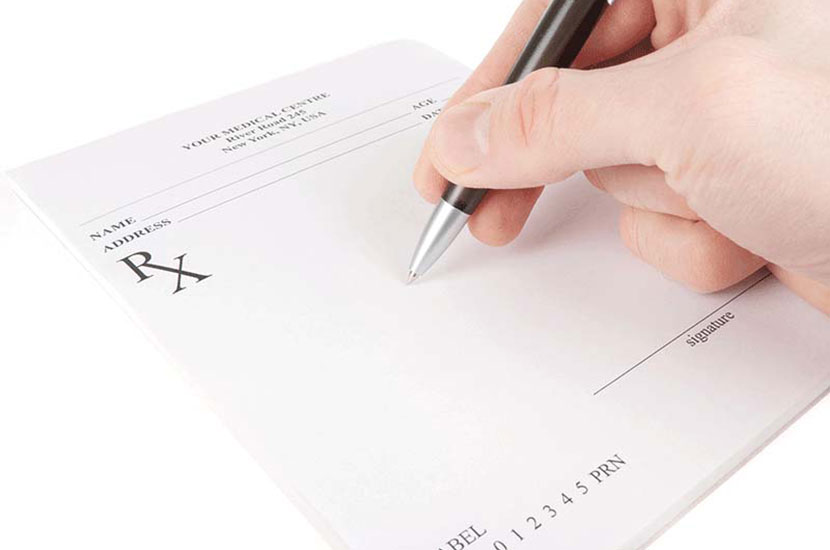The Letter of Medical Necessity is required by every insurance company prior to obesity surgery. The Letter of Medical Necessity says that you are morbidly obese, according to the NIH guidelines or the guidelines that your insurance company lays out. Because you are morbidly obese it is then a medical necessity to have this procedure. Being morbidly obese is life-threatening in itself. But it also presents many comorbidities which can also be life-threatening. The letter is typically written by your Primary Care Physician.
How To Get a Letter of Medical Necessity
Now that you have started gathering documentation of your struggle with weight loss, this is your next step. If you haven’t started gathering your medical information, start now. And most insurance companies do require documentation proving that you’ve tried other methods to lose weight without success. Documentation of previous weight loss attempts typically include:
- Gym Memberships
- Jenny Craig Memberships
- Weight Loss Journals
- Food Journals
- Previous Medically Supervised Weight Loss Diets
- Nutritionist Visits
Items such as credit card receipts that show a Jenny Craig membership helps show that you have previously attempted weight loss without success.
Now its time to meet with your Primary Care Physician and let him know that you are considering surgery. Not all Primary Care Physicians are aware of the advances in obesity surgery. He or she may not be aware of the other conditions that are associated with morbid obesity and also might not be aware that many of them such as high blood pressure and diabetes can be cured by obesity surgery.
So you may encounter some resistance. It’s worthwhile to be prepared and let him or her know that you are serious. The evidence shows that weight loss surgery works and that there are very few risks. Bring the evidence with you! And be prepared to show your history of being obese. The list below shows typically accepted documents that show your history of obesity.
- Doctors visits (be prepared to call your previous doctors offices as well!).
- Weigh-ins for weight loss programs are accepted by some insurances (i.e. Jenny Craig, Weight Watchers, gym weigh-ins, etc.).
- Insurance exams typically include weight data.
Start With Your Physician
Most insurances require documentation to show that you are clinically obese for at least 5 years prior to surgery. Occasionally, insurances will accept a letter of medical necessity from a bariatric surgeon. However, its best to start with your primary physician. Not only are new drugs released monthly to treat weight loss, your PCP (Primary Care Physician) may be able to refer you to a reputable bariatric surgeon.
Almost every insurance company requires this before approving weight loss surgery.
“A Letter of Medical Necessity is a statement written by the patient’s doctor detailing a patient’s health condition and why weight loss surgery is necessary.”
Typically, the Letter of Medical Necessity will list the patient’s BMI, how many years the patient has been morbidly obese, any participation in a medically supervised weight loss program, prior attempts at weight loss surgery and comorbidities (health problems associated with obesity).

